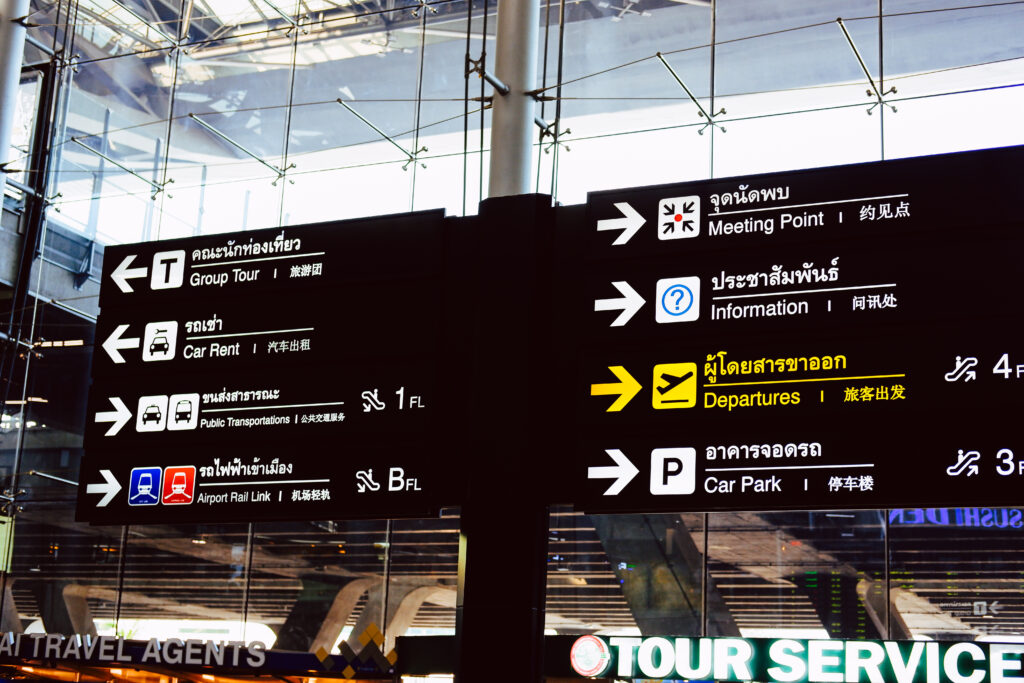3 Romantic Chiang Mai Therapy Ideas
페이지 정보

본문
 Introduction
Introduction Medication addiction is a complex and pervasive problem that affects people, families, and communities globally. It is described as the compulsive using medicines despite their harmful effects. Drug addiction is an international issue that transcends cultural, personal, and economic boundaries, affecting folks of all many years, races, and backgrounds. This report aims to offer a short history of medicine addiction, highlighting its causes, impacts, and possible solutions.
Medication addiction is a complex and pervasive problem that affects people, families, and communities globally. It is described as the compulsive using medicines despite their harmful effects. Drug addiction is an international issue that transcends cultural, personal, and economic boundaries, affecting folks of all many years, races, and backgrounds. This report aims to offer a short history of medicine addiction, highlighting its causes, impacts, and possible solutions.Factors behind Drug Addiction
Numerous factors play a role in the introduction of medication addiction, including genetic, environmental, and behavioral elements. Genetics be the cause in determining your susceptibility to addiction. Research shows that certain hereditary facets can make particular individuals more prone to getting addicted to medications. Ecological aspects, including contact with substance abuse inside the family or community, in addition play a substantial role. In addition, psychological and personal facets, including stress, psychological state dilemmas, and peer force, can contribute to addiction.
Results of Drug Addiction
 Medication addiction has severe repercussions on people and society as a whole. At an individual level, drug addiction can somewhat impair an individual's physical and mental health. Substance abuse may cause chronic conditions, including liver and lung damage, heart problems, and a heightened risk of infectious diseases like HIV/AIDS. More over, medication addiction often results in mental problems such as for instance despair, anxiety, and psychosis. In addition, addiction can strain individual interactions, cause financial instability, and increase the chances of criminal participation.
Medication addiction has severe repercussions on people and society as a whole. At an individual level, drug addiction can somewhat impair an individual's physical and mental health. Substance abuse may cause chronic conditions, including liver and lung damage, heart problems, and a heightened risk of infectious diseases like HIV/AIDS. More over, medication addiction often results in mental problems such as for instance despair, anxiety, and psychosis. In addition, addiction can strain individual interactions, cause financial instability, and increase the chances of criminal participation.On a broader scale, medication addiction places a substantial burden on culture. It impacts healthcare systems, as addiction-related procedures and rehabilitation programs tend to be pricey. In addition, drug addiction plays a role in increased crime prices, as people risk turning to unlawful tasks to maintain their addiction. Also, drug-related accidents and impaired productivity hinder financial development and development.
Feasible Solutions
Addressing drug addiction requires a thorough and multi-faceted strategy. Prevention efforts should target training and increasing awareness in regards to the perils of drug use. Efficient strategies include school-based avoidance programs, community awareness campaigns, and specific interventions for susceptible populations.
In addition, therapy and rehabilitation choices must be made accessible and affordable to all the those experiencing medicine addiction. This involves establishing rehabilitation facilities, supplying guidance and Chiang Mai Therapy, and guaranteeing the availability of medication-assisted treatment approaches including methadone or buprenorphine. Support networks and aftercare programs may also be crucial in ensuring long-term data recovery.
Additionally, there was a need for stricter regulation and control within the pharmaceutical business to avoid the abuse of prescription medications. Ensuring the option of alternate pain management methods can reduce the dependence on opioids, reducing the chance of addiction.
Summary
Drug addiction is a complex concern with profound consequences for individuals and community. Its factors are multi-faceted and need multiple methods to prevention and treatment. By increasing awareness, improving training, improving accessibility treatment, and applying stricter regulations, culture takes significant measures toward decreasing the prevalence and influence of medication addiction. Fighting medication addiction necessitates collective attempts from governments, medical experts, communities, and individuals to mitigate its effects and offer assistance to those affected.
- 이전글voyance gratuite en ligne avec Olivier 23.12.28
- 다음글Life, Death and How To Get Generic Zoloft Online 23.12.28
댓글목록
등록된 댓글이 없습니다.